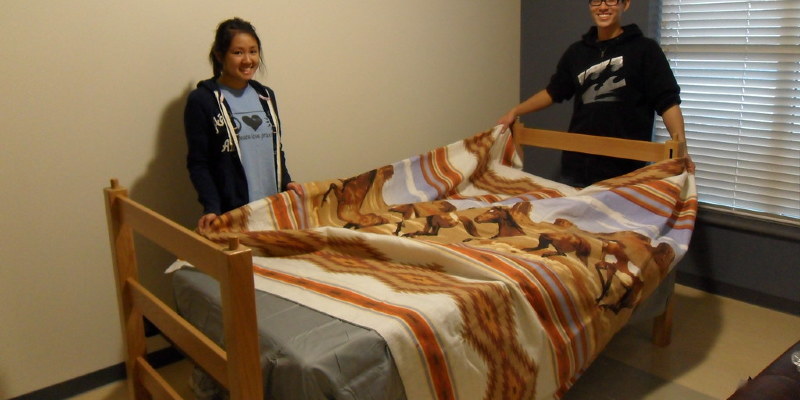Heating and cooling is a significant aspect of residences, helping to regulate the climate inside during the year so that you can enjoy the precise level of comfort you would like. However, there are a whole lot of choices when it comes to selecting the right heating and cooling unit. Not all those choices are straightforward and easy. When selecting the right HVAC unit to your small home, there are a few things to keep in mind to make sure you get the most from your investment.
Size
An important first step is to match the magnitude of the home to the result of the furnace or ac unit. A unit that is too small will never heat or cool a house sufficiently. A unit that is too big heats and cools too quickly, resulting in excess energy consumption. Extra humidity is another issue with air conditioners that are too big for the home, as the motor doesn’t have sufficient time to dry the air out when circulating. That may lead to mold and mildew. Additionally, it is important to ensure to check the type of ductwork for the HVAC system you are thinking about. Verify the ductwork is big enough to push the air through your house.
Kind
Natural gas, petroleum and electric are fuel for the a variety of HVAC units available on the marketplace. Normally, most furnaces run from natural gas or petroleum, whilst air conditioning units operate from electrical, but there are also electric furnaces available. The main difference above and beyond the type of fuel/power utilized to conduct the device is placement. Furnaces have a tendency to be big, bulky and best located in the cellar of a house, and in case you’ve got a matching ac unit it is located in the same location. However, stand-alone air conditioners can be placed outside, such as with central air units, or they’re mounted on the wall or window and completely separate from the chimney. If you are simply seeking to cool a single room, then think about a wall-mounted or window-mounted unit.
Efficiency Rating
Examine the efficacy rating before finalizing your buy. Not all of brands, sizes and types of HVAC units are created equal, and all components include an efficacy rating clearly labeled in the producer or shop where you buy your unit. The government regulations for units is called SEER — seasonal energy efficiency rating — and the higher the rating the less energy the unit consumes. As a rule of thumb, older units have a reduce rating given that technology continues to increase, meaning the improvement and development of units has evolved over time. Newest units have a greater level of energy efficiency in contrast to old units. Energy efficiency evaluations are universal concepts, meaning they are the same for big and smaller residences.
Geothermal Versus Traditional
Consider a geothermal unit if you intend on installing a heating and cooling system that never needs replacement. The Environmental Protection Agency says that geothermal components have a 30- to 40-percent reduction in energy consumption compared to traditional gas, electric or oil components. This is since the geothermal heating and cooling is based upon the ground temperature several feet under ground. This temperature rarely changes, regardless of how cold or hot it gets outside, meaning less energy is consumed when heating or cooling the house since it is always a similar temperature. On the other hand, the purchase price of a geothermal unit is often tens of thousands in contrast to your small home HVAC unit that may be picked up in the midcentury, four-digit range. If long-term concerns would be your primary concern, go geothermal and spend less in the long run whilst also being energy-conscious.
Alternatives
Radiant heating within concrete slabs is another option that may keep you from wanting to use a furnace if you live in a temperate climate where below-freezing temperatures are uncommon. Heat mats underneath tile floors are also an option. Another sustainable choice for smaller homes is solar heat, even though the price of the solar panels is normally over a furnace. Swamp coolers that rely on potable water and blowing are are also another option for smaller residences in locations where the climate isn’t excessively hot, as opposed to a real ac unit.
